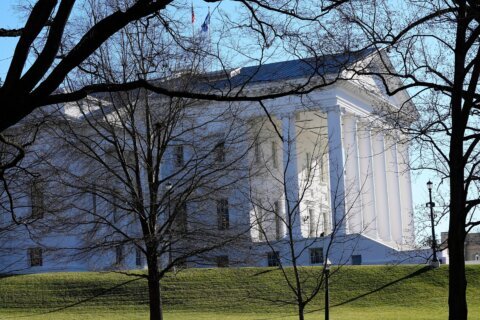WASHINGTON — The U.S. Supreme Court sent parts of a race-based challenge to Virginia’s state House districts back to a lower court for further review Wednesday, while upholding the lower court panel’s findings that one majority black district was legally drawn.
In an 8-0 decision written by Justice Anthony Kennedy, the Supreme Court found a three-judge District Court panel followed an incorrect legal standard in its analysis of 11 of the 12 districts challenged in the case. The lower court had required those challenging the districts to show an actual conflict between the plan that was adopted following the 2010 census and one that could be drawn using traditional political redistricting principles without regard for race.
The high Court finds that the state must show race was not an unlawful consideration in drawing the lines, regardless of what explanations lawmakers may be able to come up with later.
“A legislature could construct a plethora of potential maps that look consistent with traditional, race-neutral principles, but if race is the overriding reason for choosing one map over others, race still may predominate,” a court summary of the ruling says.
The Supreme Court says the special District Court panel must now reconsider, under the proper standard, whether race directed the shape of the 11 remaining districts, and, if so, whether the consideration of race met a legal standard known as “strict scrutiny.” That means, essentially, that lawmakers must have had a good reason to believe that considering race was required to comply with the Voting Rights Act as it was in effect at the time.
The court found the lower court opinion was correct in upholding the lines for District 75, which had a 55 percent black voting age population based on a belief that the number was required to maintain the influence of black voters.
Democratic redistricting lawyer Marc Elias described the overall decision as a major victory.
Separate challenges to Virginia redistricting procedures are moving through other courts. A state judge in Richmond ruled Tuesday that a challenge to whether the districts meet state constitutional requirements to be “compact” can move forward.







